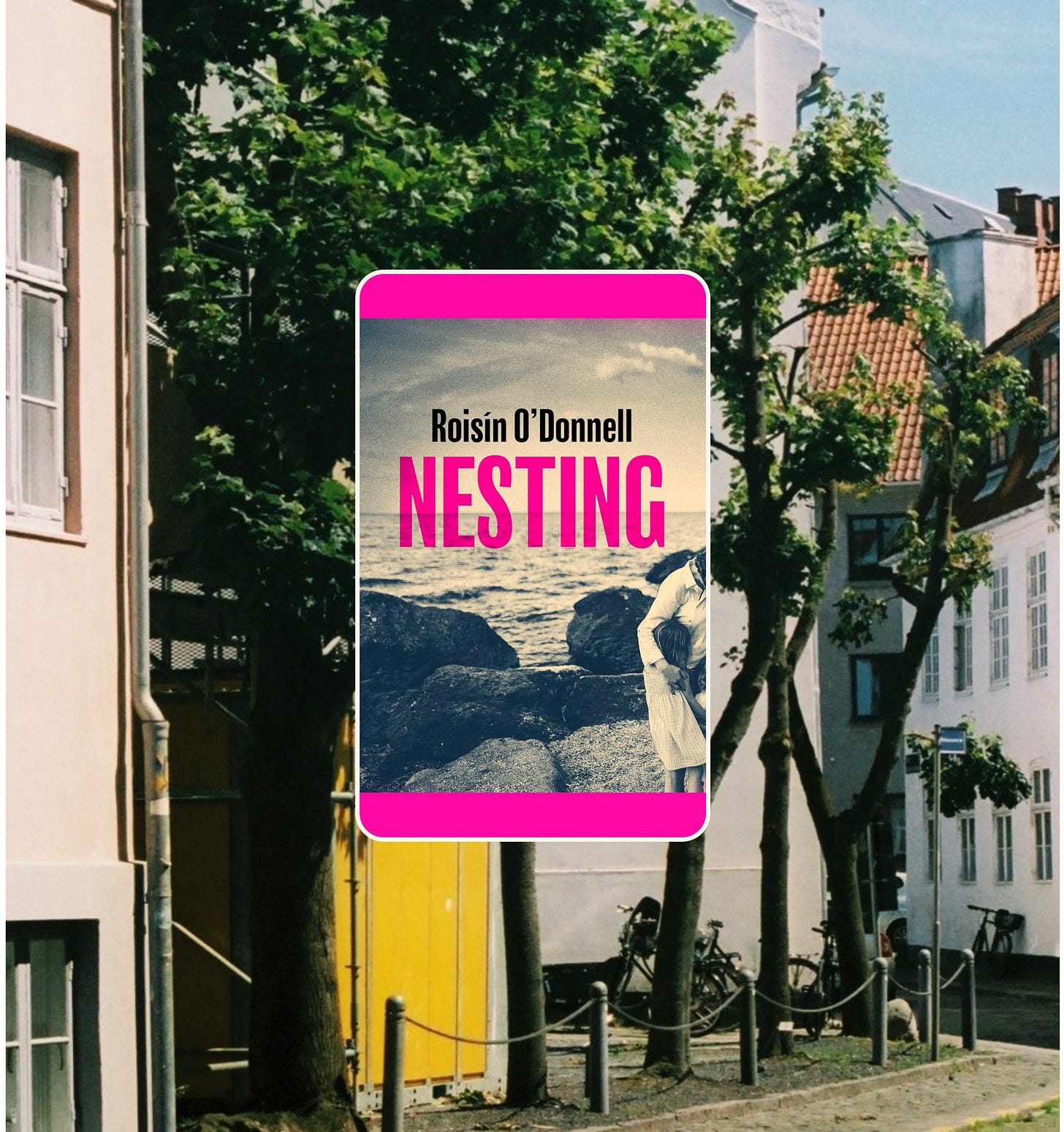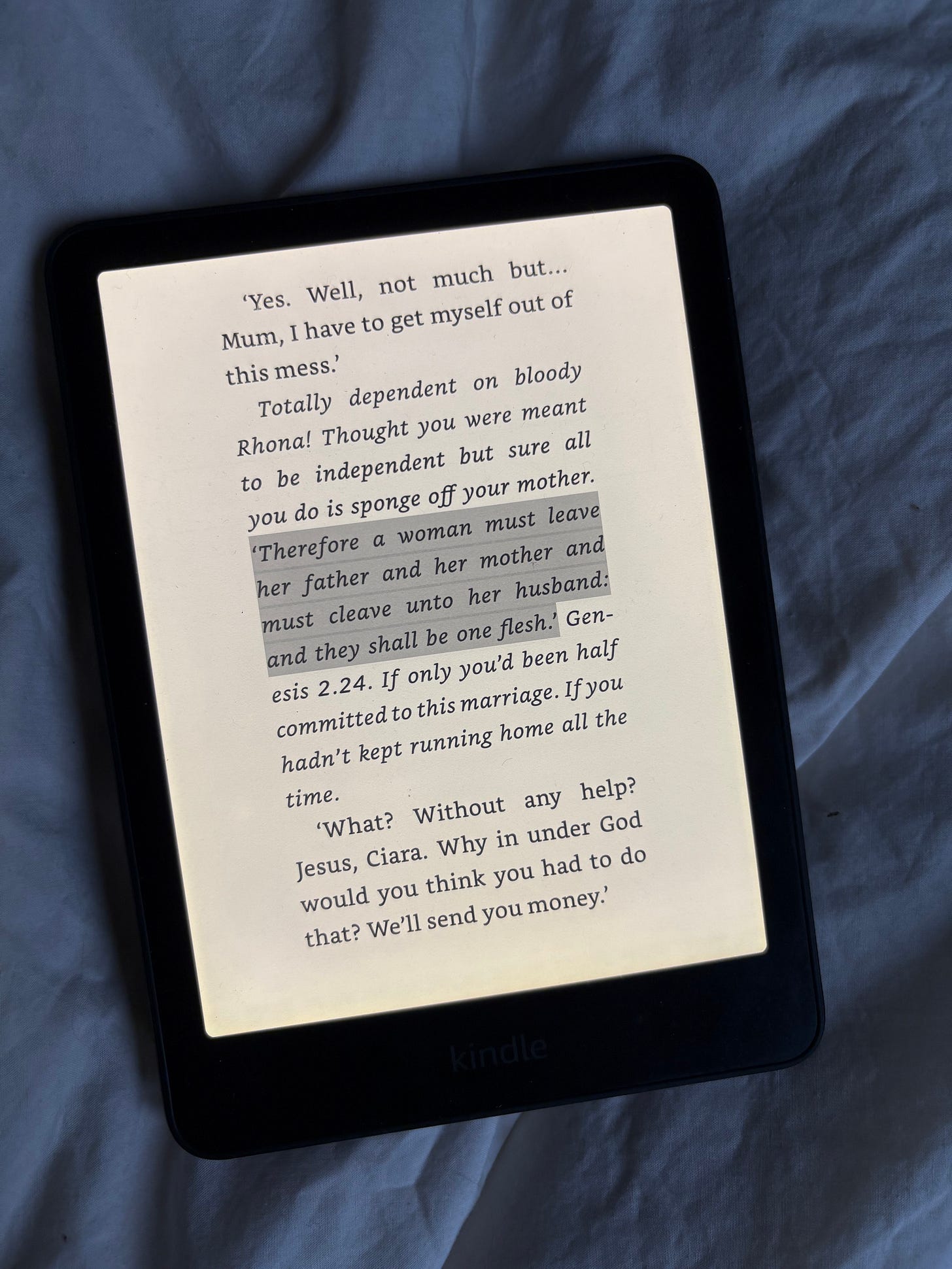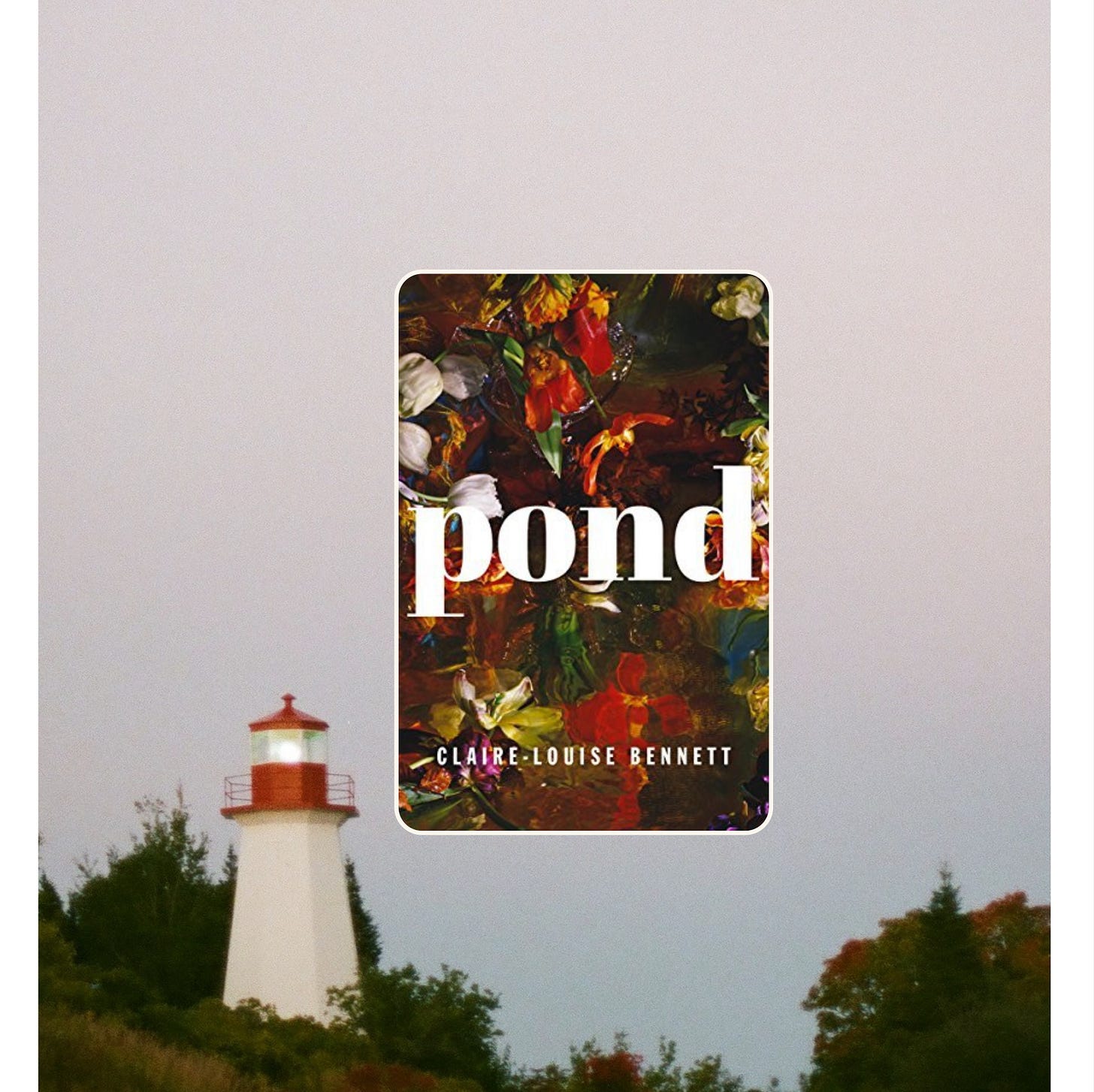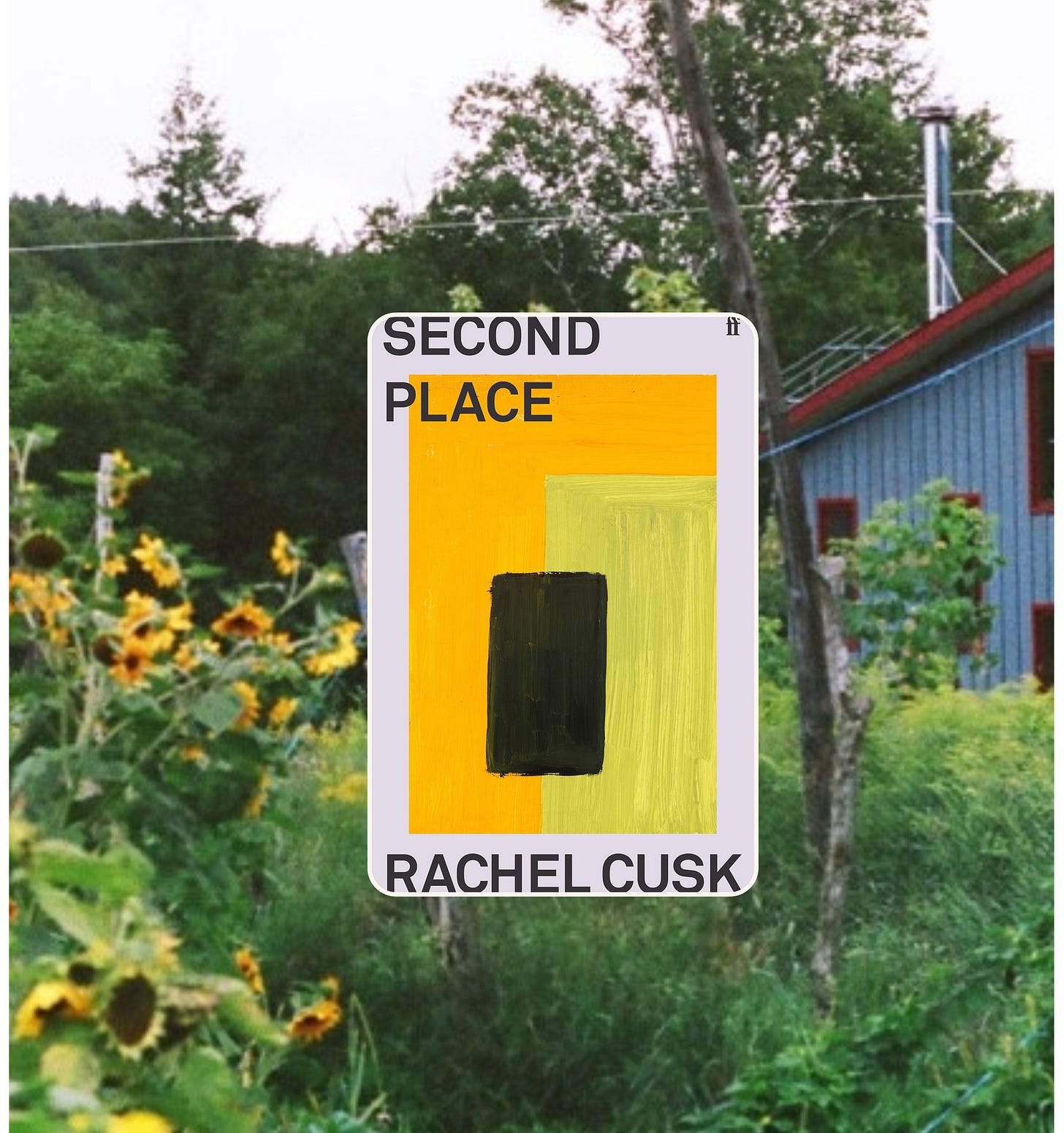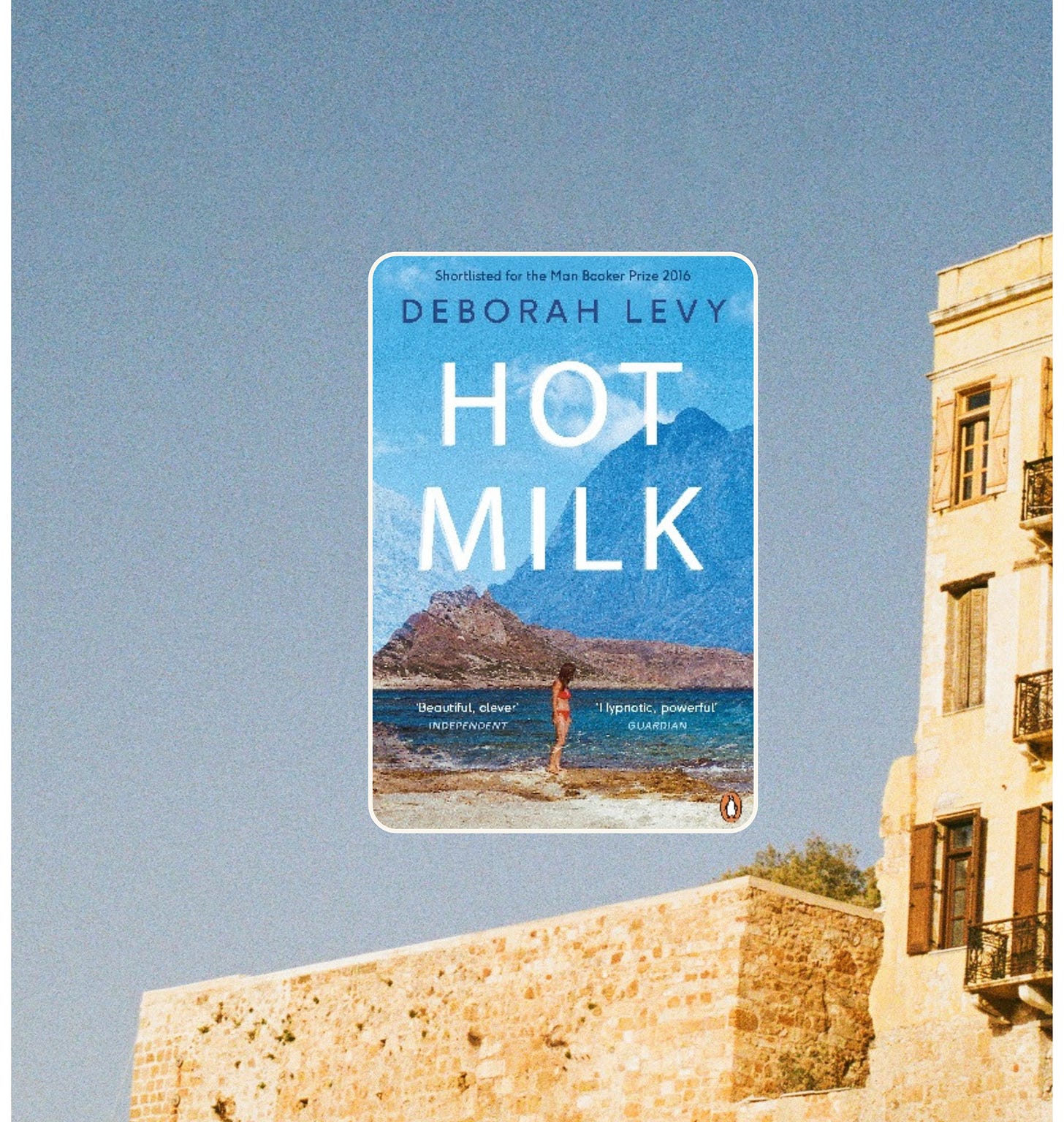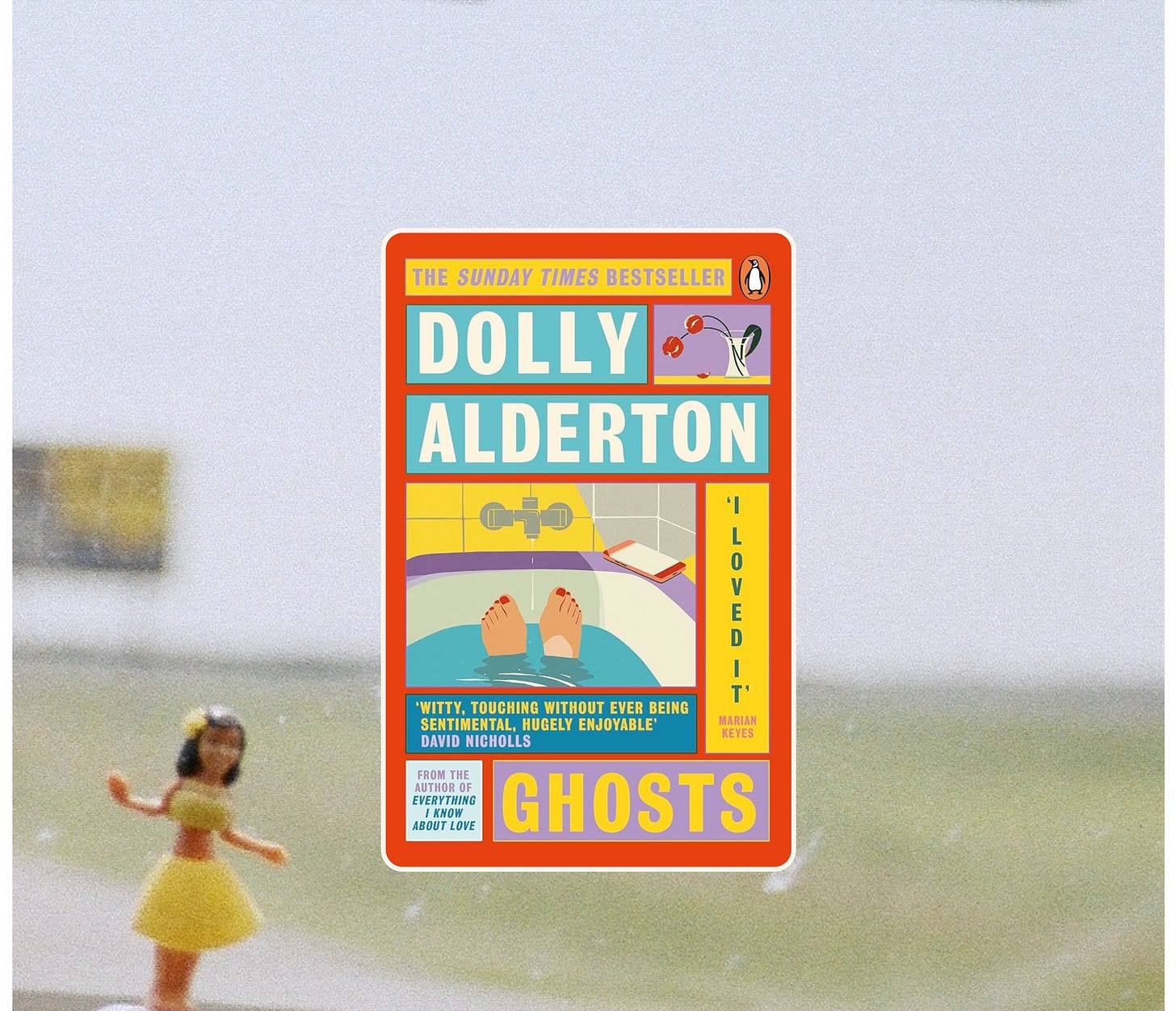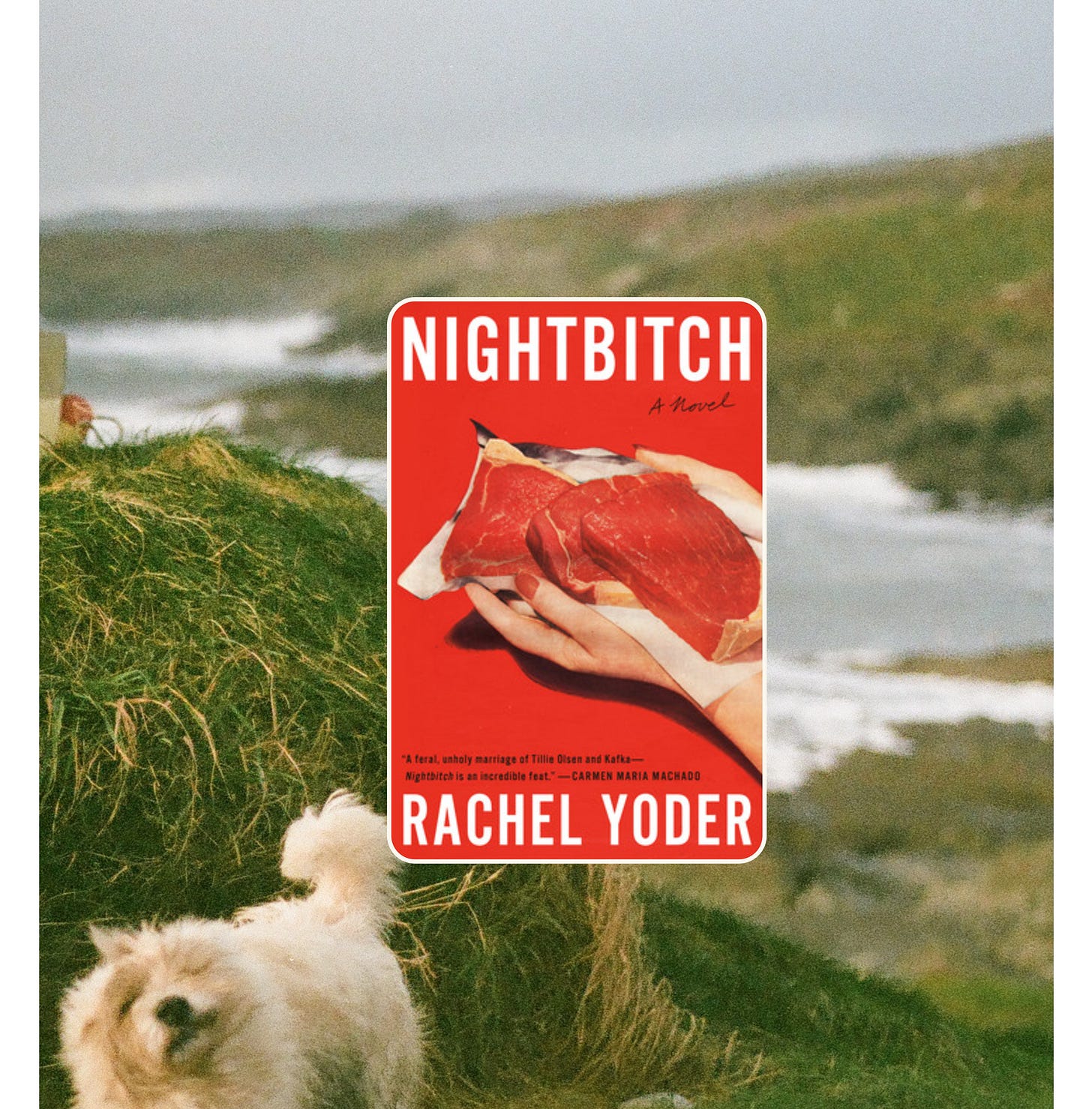I wanted to choose novels that weren't explicitly about physical retreat, and ended up with six books that cover diverse ground - different subjects, different interpretations, different styles entirely.
These first three are the more layered ones, and coincidentally the first novels I read by each author. All stories explore retreat - whether to a remote artist's residency, from an abusive relationship, or into a savoury solitude - as a crucible for self-discovery. Whether the withdrawal is for contemplation, art, or survival, they’re all beautiful (if not confronting) examinations of a person’s place in the world.
There are three lighter reads further on, so don’t leave me yet if confronting isn’t the vibe you were looking for. I promise you these first 3 are still worth reading:
Nesting, Roisín O'Donnell
This is O’Donnell’s debut novel. It’s extraordinary, and I can only hope she’s writing more books as I write this silly little newsletter. The book explores the unspoken and invisible challenges of leaving an abusive relationship, especially abuse in unconventional forms. It’s reminiscent of Maid, if you’ve watched it - the hurdles, the stigma, and the doubt of retreat, despite the necessary act of self-preservation.
Entirely unrelated to desperately trying to leave your marriage and start over, this is the book that triggered my fascination with “cleave” (the foundation for my wedding vows).
Pond, Claire Louise Bennett
I usually avoid short stories, but this collection was beautiful and connected through a single narrator - an unnamed woman living in solitude in a coastal town. Pages upon pages of beautifully ludicrous digressions… this book feels more like poetry than story.
Daydreams return me to my original sense of things and I luxuriate in these fervid primary visions until I am entirely my unalloyed self again. So even though it sometimes feels as if one could just about die from disappointment I must concede that in fact in a rather perverse way it is precisely those things I did not get that are keeping me alive.
In her retreat from social conventions, our narrator extends an invitation into the freedom that solitude and time afford to create a different relationship to reality.
Second Place, Rachel Cusk
Speaking of leaving your husband, Jon recently shattered my dreams when I earnestly told him that my next career would be running an artist’s retreat / grant program. Apparently these are the things that people with immense generational wealth can afford, not us. Alas.
Our protagonist is a middle aged woman, who invites a painter to stay in her guesthouse with the hope he’ll use her as the subject of one of his masterpieces. Literally speaking, her guesthouse is a “second” (physical) place for art. Metaphorically, we intimate her embodied sense of living in the shadows of something more, the uncanny feeling of reaching for something beyond the outcomes we create and live within.
There's a certain point in life at which you realise it's no longer interesting that time goes forward - or rather, that its forward-going-ness has been the central plank of life's illusion, and that while you were waiting to see what was going to happen next, you were steadily being robbed of all you had.
Now on to the (slightly) lighter novels -
Hot Milk, Deborah Levy
A daughter brings her mother to a clinic in Spain, seeking treatment for her mysterious paralysis that confines her to a wheelchair - a condition that may be entirely psychosomatic, and has nonetheless trapped both women in cycles of dependency and resentment.
In light of my own periods of seclusion while seeking medical relief, I liked how the book made me re-examine and wrestle with my conclusions on retreat. Levy doesn’t offer the neat resolution we hope for. The characters and landscape exist in a state of perpetual in-betweenness, and the novel's power lies in how it refuses to explain the mother’s medical condition definitively. It rather suggests that our search for definitive answers to our suffering is in itself part of the problem. Maybe paralysis is an honest response, and learning to exist within not-knowing might be our best hope of healing.
Ghosts, Dolly Alderton
Ghosts is a more contemporary interpretation of disappearance, as Dolly Alderton wryly maps the various ways people vanish from each other's lives in modern London. The novel centers on Nina, a food writer in her thirties who finds herself increasingly isolated as the people around her retreat into different life phases - marriage, parenthood, illness, or simply the digital void of unresponded messages (ahem, being ghosted). These disappearances inspire a funny and perceptive examination on how it can feel to be marooned in the centre of a “connected” world (and its infinite channels of communication).
If you’ve found yourself reflecting on the appearance of social abundance amidst a reality of (voluntary or not) isolation, this novel will resonate without being too morose.
The contents of supermarket baskets are surely evidence that none of us are coping with adulthood all that well.
Nightbitch, Rachel Yoder
Here we have the most radical (mystical) story of retreat. The narrative is constructed around the grinding dailiness of early motherhood, where the protagonist (only known as “The Mother”) finds her days collapse into an endless cycle of feeding, cleaning, and caretaking. Her retreat begins as psychological - the loss of her name, her art career, her adult conversations - but gradually becomes physical.
I think the novel's brilliance lies in how it treats this physical transformation not as madness, but as the logical endpoint of a culture that demands women disappear completely into motherhood. This resistance to the intended retreat (of suburban maternal nurturing) creates an entirely mythical, unheard of disappearance.
✌️ There you have it, six books all wildly different yet all wrestling with retreat.





